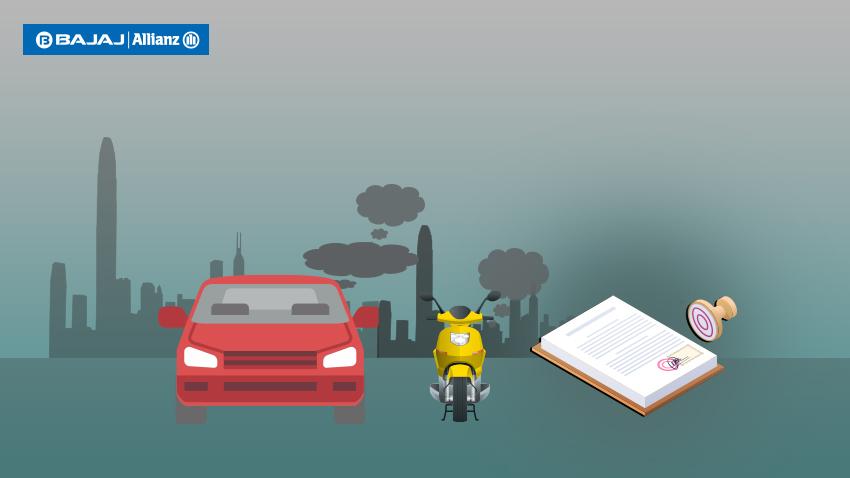Imagine a scenario where a bike enthusiast who owns a high-capacity motorbike injures himself/herself while riding a bike. Despite a personal accident cover that they might have purchased, the insurer refuses to pay compensation on the grounds of high engine capacity. Sounds absurd, right?
The Scenario
This is what happened in one case where an insurance company denied the claim to a Ludhiana-based policyholder who had an unfortunate demise while riding their bike. The insurance company denied the claim to the insured, citing the reason that the bike which the insured was riding was of a higher capacity than what the personal accident plan covered. The details about such a specific scenario were mentioned in one of the exclusions of the insurance contract. This incident got a lot of media attention, following which, the insurance company subsequently honored the claim.
Can High-capacity Bikes be a Reason for the Rejection of Bike Insurance Claims?
Insurance experts believe that the legacy clauses in insurance contracts may cause such a concern. There were times when high-capacity motorcycles, above 150 CC, were used exclusively for racing and recreational purposes and not commuting. Some insurance plans may include these legacy clauses, and the above incident was one such example. However, many insurance companies have amended their terms to suit the present times, eliminating such outdated insurance terms.
However, despite insurance companies amending the terms, it cannot be a reason for you, the policyholder, to not be vigilant when buying a policy. The
bike insurance terms for the same product were modified for new policies; there is no clear idea of how many policyholders hold such outdated insurance contracts. All comprehensive insurance plans include a personal accident cover that covers situations where injuries, disability, and death of the policyholder are covered. But, it still must be reviewed at the time of purchase to ensure such legacy clauses that are outdated in today’s context are not part of your insurance cover. * Standard T&C Apply
Reading the Insurance Terms Thoroughly
As a prudent policyholder, you need to carefully read the terms of your insurance contract. This not only helps in knowing what is covered by the terms but also in knowing about certain exclusions that can be a deterrent when buying the specific plan. That being said, vigilance must also be exercised at every insurance renewal. This way, any alterations made in your policy terms, based on your requirements, will not clash with other policy terms leading to a denial of the
insurance claim. Further, standardized policies, such as Saral Suraksha Bima can be purchased, that have the same IRDAI-approved policy terms. You can visit the official website of IRDAI for further details.
Apart from being alert about the policy terms covering your specific bike, here are a few other reasons that may lead to denial of claim:
Delayed renewal is a situation where the insurance coverage is renewed after the previous policy period ends. In case of any claim made when no coverage is active, the claim is outright rejected by the insurance company on grounds of no active insurance cover. *
In any case, where the bike is being used for illegal activities, no insurance company shall pay any compensation in that case. *
-
Accidents in Situations of Drink-and-drive
Riding your bike under the influence of alcohol is a punishable offense. Insurance claims made in such situations are rejected by the insurance company. *
*Standard T&C Apply
While there are several factors to keep in mind that may lead to a rejection of your claim, it is important to read the policy document thoroughly. Make sure to not base your purchase decision solely on the
bike insurance price, but also consider its policy terms.
Insurance is the subject matter of solicitation. For more details on benefits, exclusions, limitations, terms and conditions, please read the sales brochure/policy wording carefully before concluding a sale.
 Service Chat:
Service Chat: 

